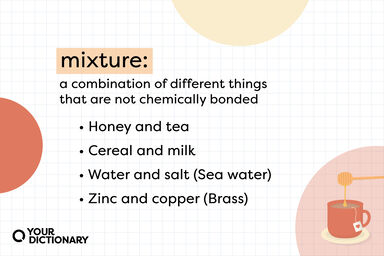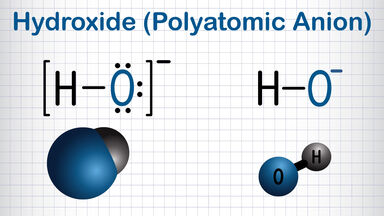Aluminum Definition
ə-lo͝omə-nəm
noun
A silvery-white, ductile metallic element, the most abundant in the earth's crust but found only in combination, chiefly in bauxite. Having good conductive and thermal properties, it is used to form many hard, light, corrosion-resistant alloys. Atomic number 13; atomic weight 26.9815; melting point 660.32°C; boiling point 2,519°C; specific gravity 2.70; valence 3.
American Heritage
A silvery, lightweight, easily worked, metallic chemical element that resists corrosion and is found abundantly, but only in combination: symbol, Al; at. no. 13
Webster's New World
A metallic chemical element (symbol Al) with an atomic number of 13.
Wiktionary
adjective
Of, containing, or made of aluminum.
Webster's New World
Origin of Aluminum
-
Named in 1812 by British chemist Sir Humphry Davy who discovered it, after the earlier 1807 New Latin form alumium.
From Wiktionary
alumin(a) –(i)um
From American Heritage Dictionary of the English Language, 5th Edition
Aluminum Is Also Mentioned In
Find Similar Words
Find similar words to aluminum using the buttons below.





